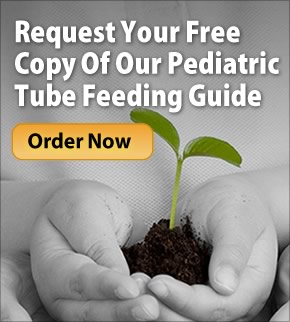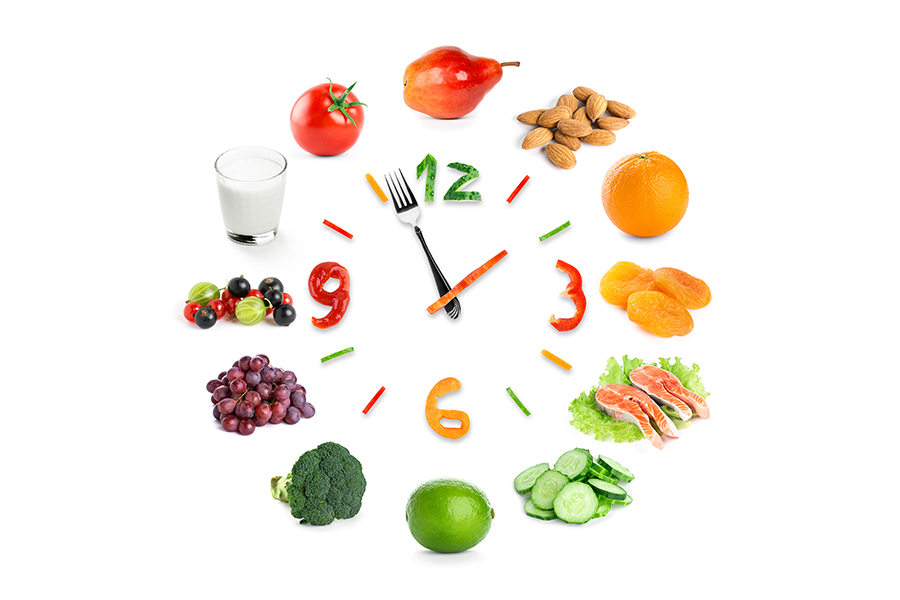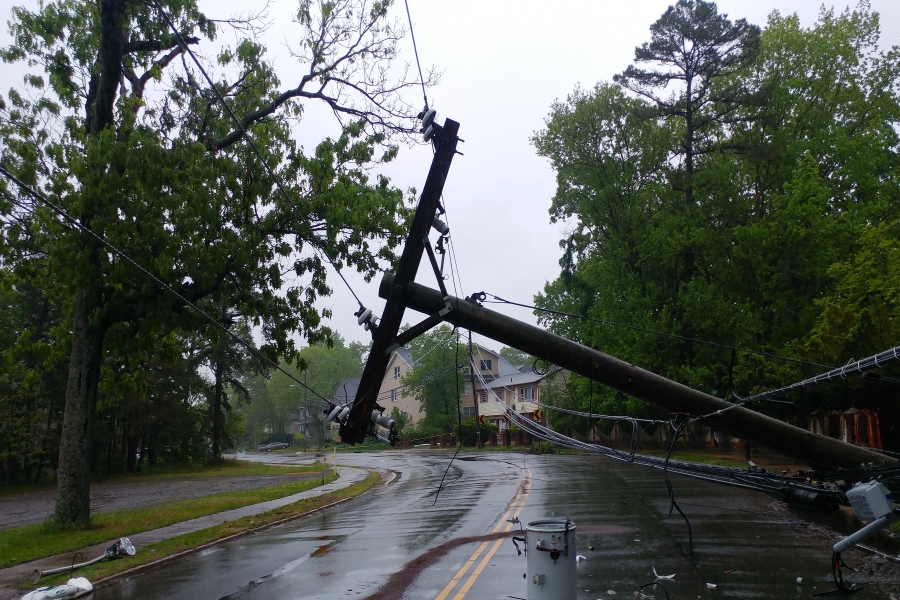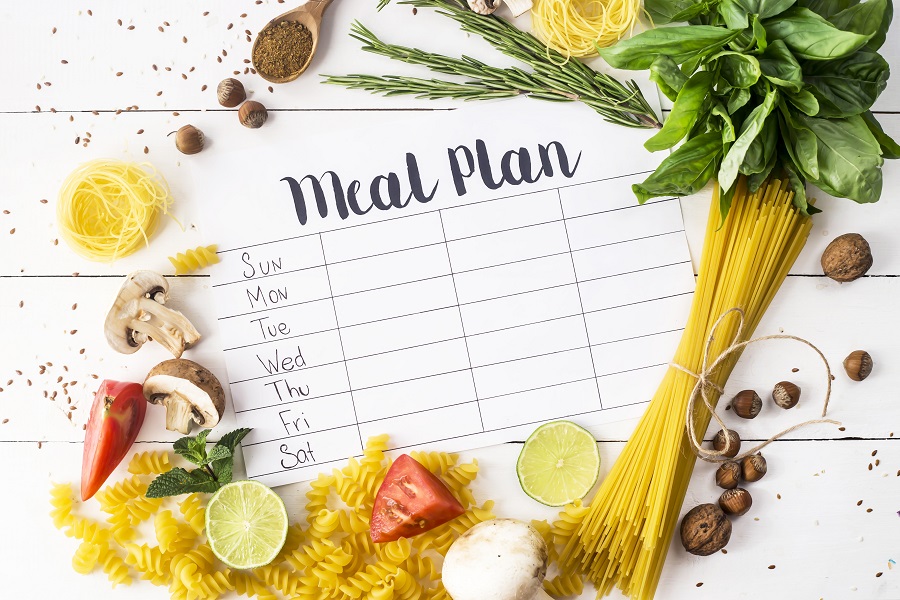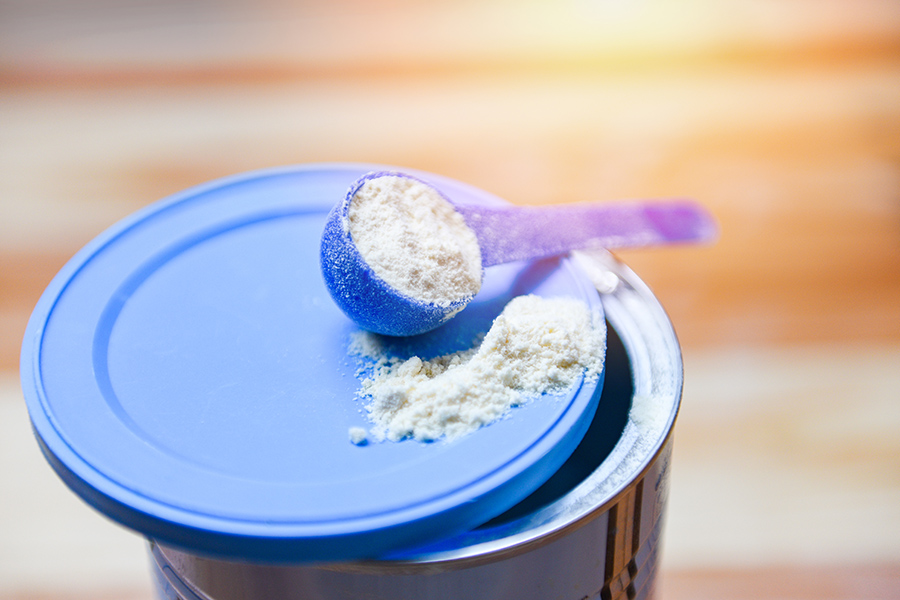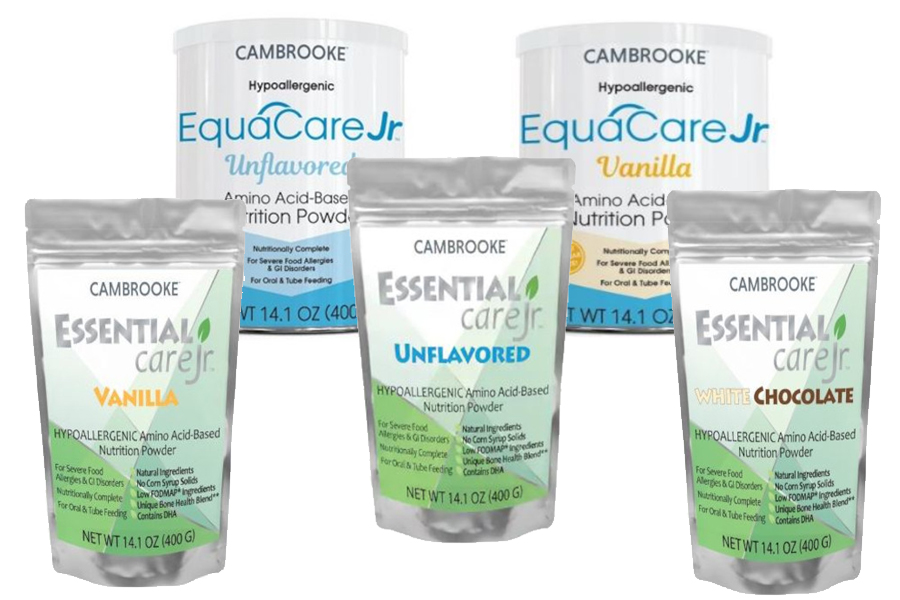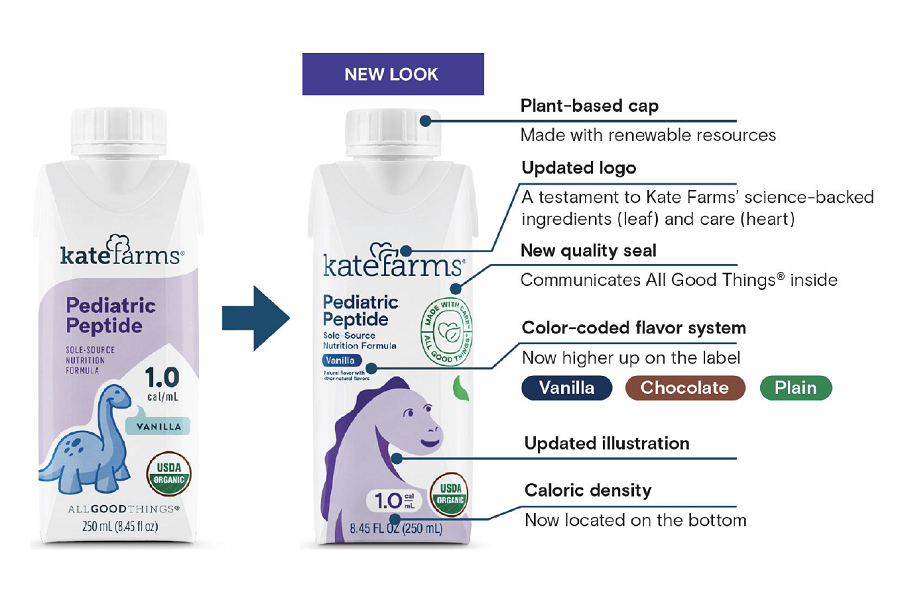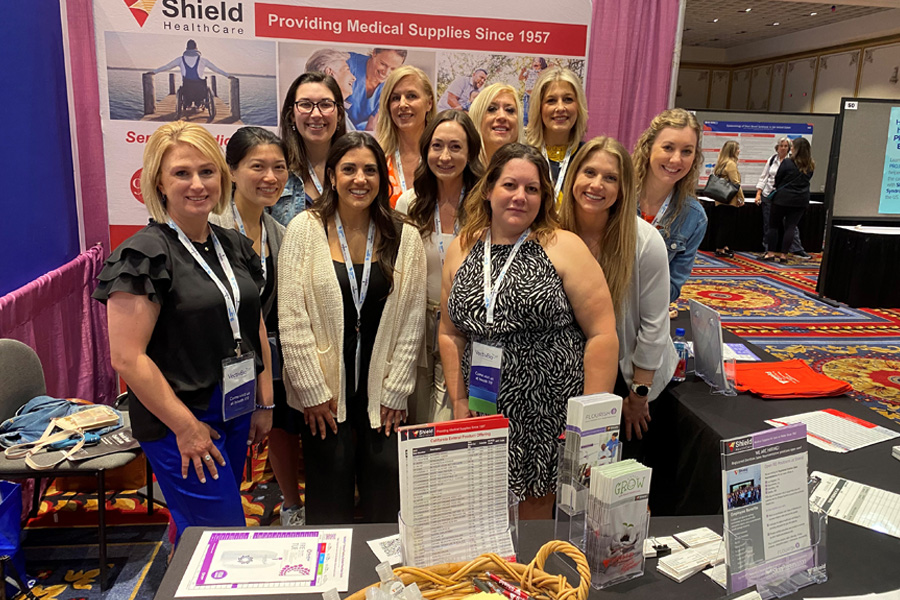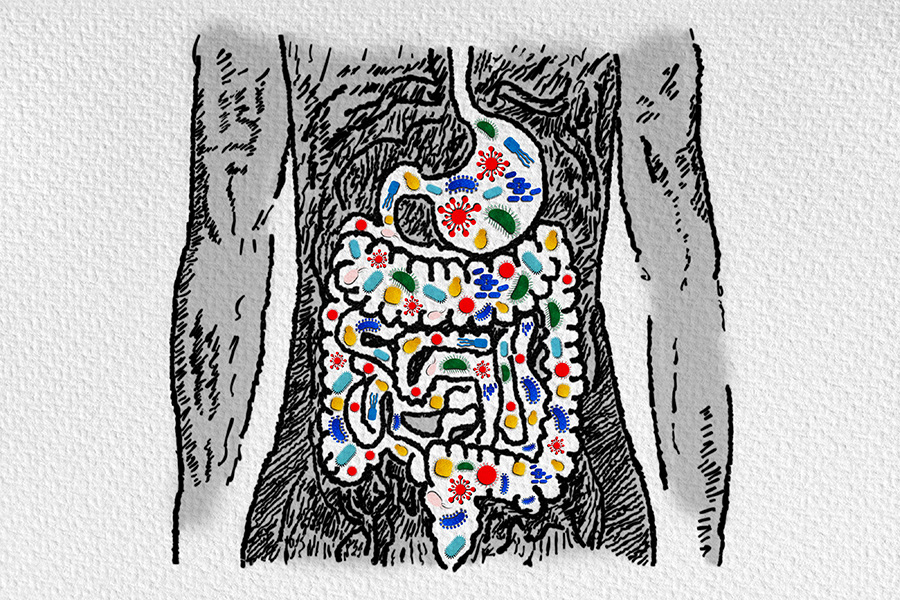Hypertension
High blood pressure, or hypertension, is a condition in which the pressure of blood on the walls of your arteries is too high. Having prolonged high blood pressure can cause damage to your body and increase risk of heart attack and stroke. According to the CDC, one in three adults have hypertension and only about half of those affected have their condition under control.
Blood Pressure Readings and What They Mean
A normal blood pressure reading is less then 120/80 mmHg. From Mayo Clinic: Blood pressure readings are given in two numbers. The top number is the maximum pressure your heart exerts while beating (systolic pressure), and the bottom number is the amount of pressure in your arteries between beats (diastolic pressure).
When you get your blood pressure reading, it may be hard to decipher what the numbers mean, sometimes one number will fall in the normal range and one can be high. The American Heart Association further explains blood pressure readings. Click here to learn more about what your numbers mean.
Causes of Hypertension
Genetics, age, pre-existing medical conditions, and lifestyle are major causes of high blood pressure. Although genetics and age are two factors that we cannot change about ourselves, we can mitigate the risk of heart attack and stroke by taking precautions.
Pre-existing Medical Conditions:
- Prehypertension: This condition is when blood pressure is slightly higher than normal with a systolic reading of 120-139 mmHg and a diastolic reading of 80-89 mmHg. Having prehypertension increases your risk of developing chronic hypertension in the future.
- Diabetes: With this condition it can be hard to keep blood sugars within normal range. In diabetes when the body is not making enough insulin, sugars can build in the blood. This damages arteries and increases blood pressure.
Lifestyle:
- Excessive alcohol use.
- Tobacco use.
- An unhealthy diet that is high in sodium and cholesterol can increase risks of hypertension especially if you are genetically predisposed to the condition. While sodium is important for the body to work properly, too much can add additional stress to your arteries. A diet lower in sodium and high in potassium (from foods naturally high in potassium) is recommended. Some foods naturally rich in potassium are potatoes, plain yogurt, orange juice, soybeans, and banana.
- Lack of physical activity can lead to obesity and cause high cholesterol. Too much cholesterol in the blood stream hardens arteries making the heart work harder to pump blood, thus elevating blood pressure.
Reduce Your Risk
- Quit Smoking.
- Reduce alcohol consumption. Women should limit their alcohol intake to one drink per day, and men 2 drinks per day.
- Eat healthy and balanced. The DASH diet was developed to lower blood pressure by reducing the amount of sodium in your diet, reducing portion size, and focusing on a nutrient rich food.
- Exercise regularly. The American Heart Association recommends 30 minutes of physical activity five days a week to manage blood pressure. This will help you maintain a healthy weight and reduce stress.
Speak with your Doctor before you make changes to your diet and physical activity. If you are prescribed medication for high blood pressure it is important to follow Doctor’s orders and notify them of any lifestyle changes.
Contact a local Registered Dietitian Nutritionist to learn more about a healthy diet and how to incorporate it into your busy life!







